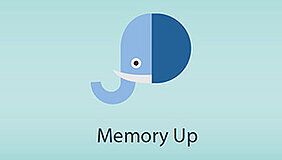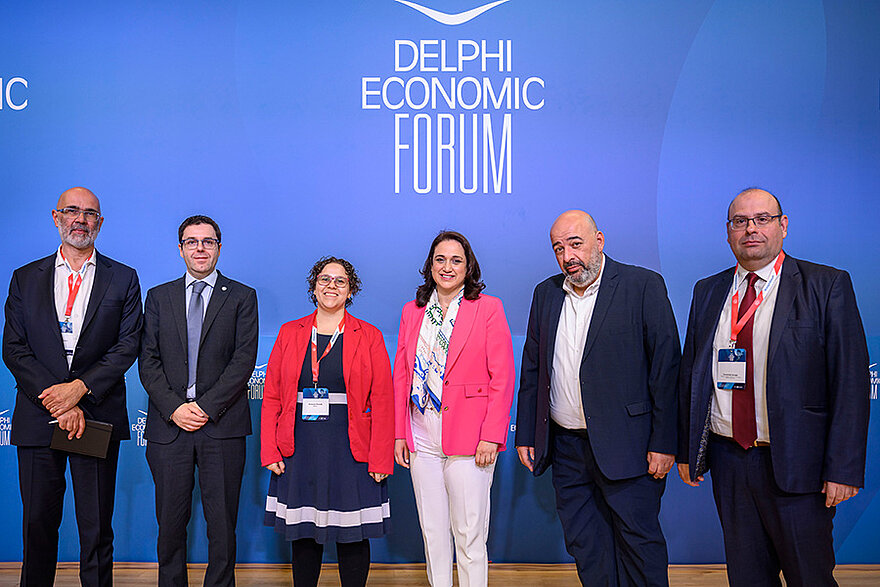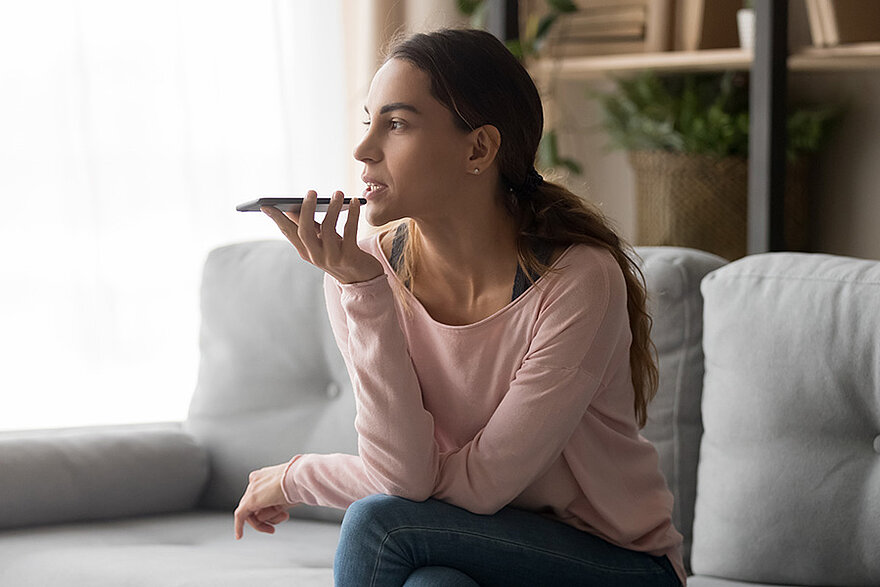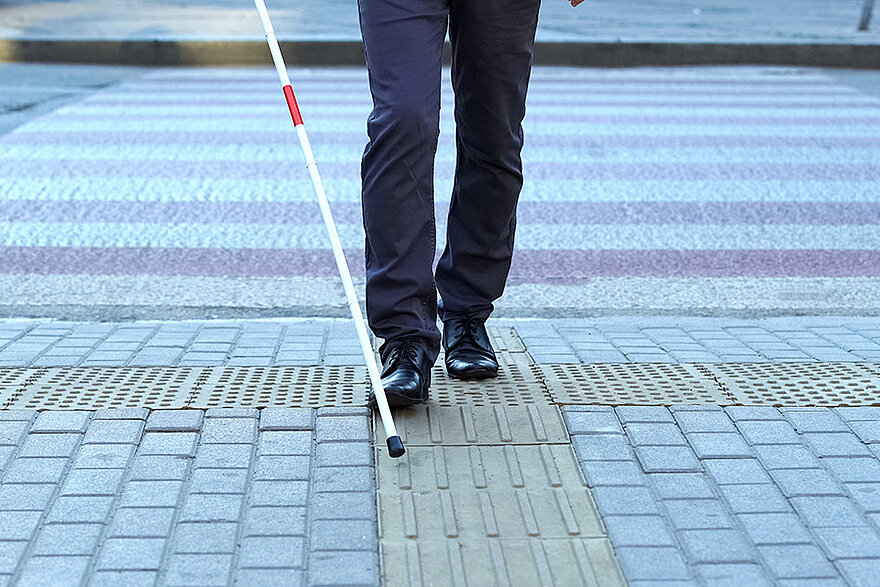- MemoryUp is a unique evidence-based memory training app for people with memory impairment.
- MemoryUp can help a wide range of people, including elderly with subjective cognitive impairment and people with acquired brain damage to help them better remember things in their everyday lives.
- MemoryUp is a 2018 Digital Wellbeing innovation activity supported by EIT Digital.
Many people experience cognitive decline as they grow older, especially memory problems. As outlined by the World Health Organization, the proportion of the world's population over 60 years will rise from 12% to 22% between 2015 and 2050 which will increase the number of people with memory problems.
Laura Klaming, Activity Leader of MemoryUp and a Senior Scientist Cognitive Psychology at Philips Research explains: "We are developing an effective, scalable intervention to help people with memory problems remember things better in their everyday lives. MemoryUp provides an evidence-based memory training, using a learning method that is engaging and ensures active processing of information. Insights from a usability study show that the clear majority of users enjoy using the app, find it very helpful, and would like to continue using it"
How does it work
The availability of MemoryUp will be defined by the Innovation Activity Business Champion Philips. The app is based on insights from scientific research. It teaches memory strategies that are known to be very effective and easy to learn for everyone. The memory strategies that are currently implemented in MemoryUp can help people to better remember appointments, names, and lists such as grocery lists and to-do lists.
Competitive Advantage
- Evidence-based, i.e. based on scientific research.
- Currently developed for elderly people with subjective cognitive impairment.
- Can be adapted to also be used for people with neurodegenerative disorders, people with acquired brain damage like stroke or traumatic brain injury, and chemotherapy patients.
Target Markets
Netherlands and Germany
Partners of the project
- Philips Research (Activity Lead and Business Champion): responsible for the project management, back-end and content development, business model development
- Achmea: responsible for business model development for the Dutch market
- RISE: responsible for the front-end development of the app
- TUM: responsible for business model development for the German market
- Eurapco: supports the business model development
Roadmap
2018: 3 research prototype releases of the app planned for June, September and December
The <link innovation-entrepreneurship digital-wellbeing>Digital Wellbeing Action Line leverages digital technologies to help people stay healthy (prevention and early detection) or cope with an existing chronic condition. It includes both physical and mental wellbeing. The solutions generally rely on enabling consumers to be well-informed about their wellbeing, change their behaviour and use digital unobtrusive instrumentation to monitor and improve their quality of life, saving on high healthcare costs later in life.








